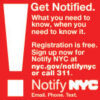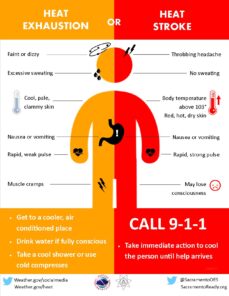Dear NYLS Community,
Due to the ongoing significant winter storm and degraded travel conditions, the campus will be closed on Monday. All classes will be held virtually, as will NYC public schools, and staff is asked to work remotely in coordination with supervisors. Faculty should advise students … <Read More>
How to avoid an online shopping scam this holiday season
Does it feel like the holidays come around faster and faster every year? If you’re looking to save time by avoiding the crowds and doing some holiday shopping online, know that scammers camp out online all year long. So if you’re planning to shop online for holiday gifts, how can … <Read More>
Crime Prevention and Safety Tips
The NYPD has produced a number of crime prevention and safety tips to help residents, businesses, and visitors identify and prevent unlawful acts such as fraud, identity theft, auto theft, telephone scams, and other types of crime. For more information, click here.
ENTRANCE CLOSURE
The 55 Worth Street entrance will be closed from Monday, October 7th to Friday, October 11th. The NYLS community will be required to enter and exit the campus through Abbey Hall (185 West Broadway). Please allow extra time to enter the turnstiles at Abbey Hall, especially … <Read More>
Heat related illnesses
During extremely hot and humid weather, your body’s ability to cool itself is challenged. When the body heats too rapidly to cool itself properly, or when too much fluid or salt is lost through dehydration or sweating, body temperature rises and you or someone you care about may experience a … <Read More>
Earth Quake tips from US Geological Survey
Dear NYLS Community,
As you may have experienced, around 10:23 a.m. today a 4.8 magnitude earthquake affected the region, including our campus. The US Geological Survey is reporting that the epicenter was about 50 miles west of NYC. The quake was felt up and down much of the East Coast.… <Read More>
FTC Data Spotlight: New insights about imposter scams
The Office of Security and Life Safety would like to share some information regarding imposter scams. Every year FTC report the top scams people tell them about. Click here to take a deeper dive into the data through their Data Spotlight reports. A new Data Spotlight about business and government … <Read More>







